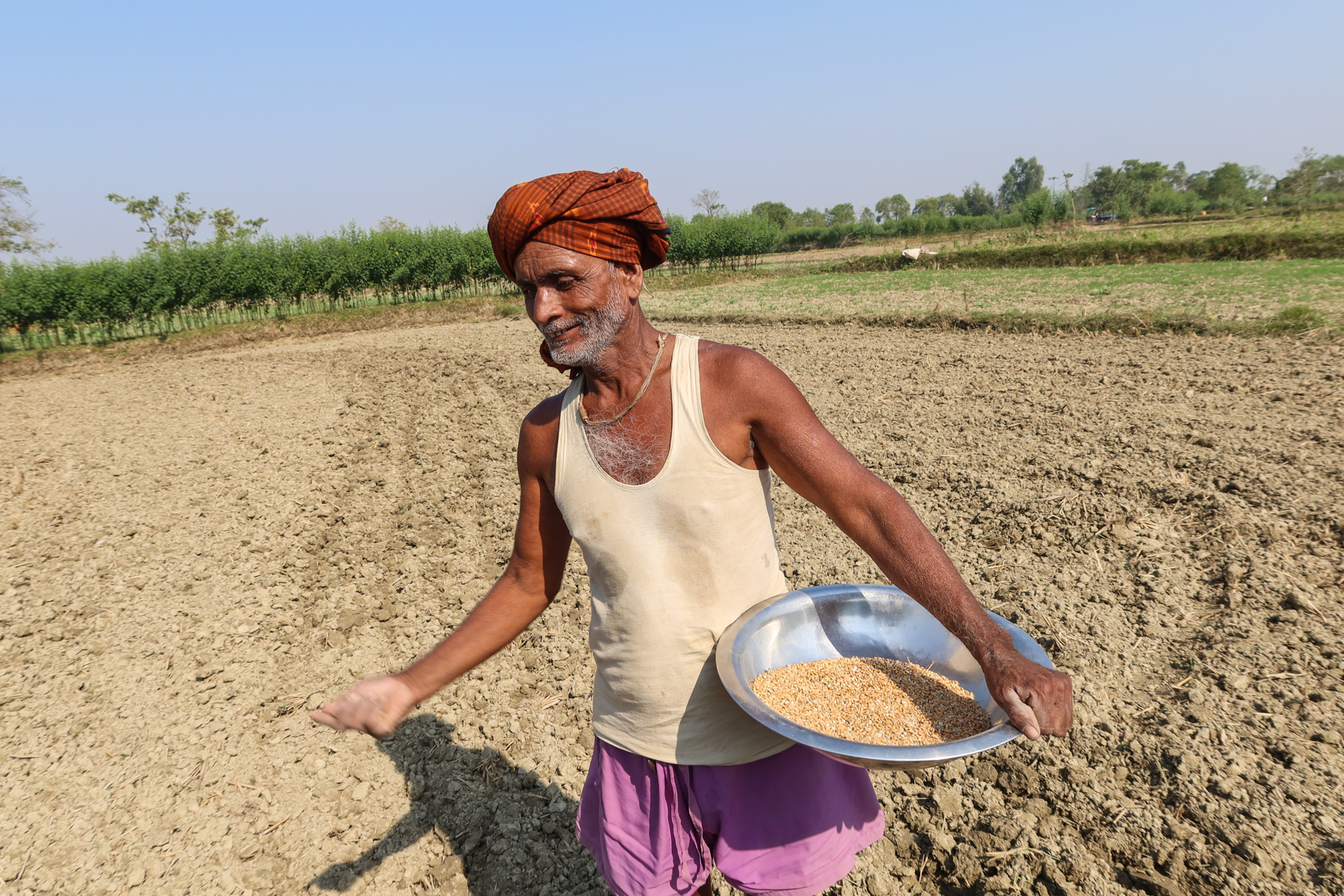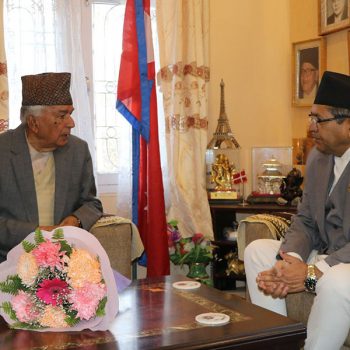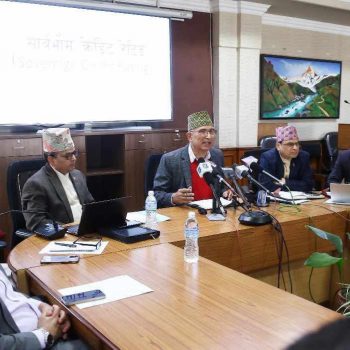Foreign Investment in Agriculture: What Do Experts and Stakeholders Say?

KATHMANDU: Only a few days ago, the government amended the Foreign Investment and Technology Transfer Act to open up to foreign investment in agriculture, which has now become a topic of discussion.
Doubts have been cast on the government’s intentions after amending the law without discussing it with agricultural experts and stakeholders. The middlemen in the agricultural sector, however, have now become fearful.
In this context, here is what some agriculture and economists have to say about the government’s decision to invest in agriculture:
Keshav Acharya
Economist
The Government of Nepal introduced the industrial policy in 2038 BS. Then, pathways were opened for foreign investment to enter Nepal. However, it was not clear which exact sectors needed to attract foreign investment. The government has recently opened the door to foreign investment in agriculture by amending the Foreign Investment and Technology Transfer Act.
Nepal’s agriculture sector is not modernized yet. We have been farming traditionally. Nepal’s agricultural products have not been able to compete in the international arena. We have neither the technology nor the investment to compete abroad.
Since 1980, we have been importing billions of rupees worth of food annually. Thus, foreign investment in agriculture is required in such a situation.
For the past few years, Sana Kisan Bank has been investing in 2-300 acres for modern agriculture in the Terai region. The Golyan Group has invested in agriculture. The owner of Buddha Air has started investing in agriculture. Nepalis have increased investment in poultry farms and dairy industries.
Foreign investment should have been attracted considering the work of big enterprises and businessmen who invest in agriculture. However, the government has amended the law without much discussion and homework. The act has been brought about immorally, which has raised suspicions.
In particular, investment should be made only through research to compete with agriculture in China, India, and Bangladesh. Otherwise, small agribusinesses and industry sectors may collapse and only our land may be put to use.
Krishna Prasad Paudyal
Agronomist
Attracting investment in the private sector is favorable. However, investing in agriculture is associated with local farmers. Small farmers will disappear after the foreign investment is brought in. Local farmers should not be displaced even if foreign investment is made in agriculture. Foreigners will not leave behind the revenue earned in Nepal, they will take it to their own country.
According to the Act, the government will export 75 percent of its products. This will lead to the exploitation of Nepal’s natural resources and labor.
It is said that over Rs. 750 million will be invested in agro-industry and technology. However, there are still industries with billions invested in agriculture. Large investors take large tracts of land in Nepal and exploit farmers, treating them like laborers.
Instead, the government should move forward with a plan on how to take Nepal’s agriculture to the next level. The current cost of agriculture should be reduced and intermediaries must be stopped. They at least have to be monitored. There is no one who respects Nepal’s agricultural system and works for its development. Some are exploiting the farmers through deception. If Nepali businessmen do not love the country, what can foreigners do?
Shreeram Ghimire
Joint Secretary, Ministry of Agriculture
We came to know that foreign investment in agriculture has been opened only after it was published in the Gazette. The decision was taken by the Council of Ministers on the initiative of the Ministry of Commerce.
They have not had any discussions with us regarding this even though it is a matter related to our ministry. As far as I understand, over Rs. 750 million will be invested in agriculture, industry, and technology.
However, Nepal still has over billions of investment in the poultry and dairy industries. How does foreign investment affect Nepal’s investment? For example, what if an international company like Amul comes to Nepal?
So, we will be bringing guidelines only after research and extensive discussion. We will allow investment to enter Nepal in such a way that Nepali farmers and agri-entrepreneurs are protected, or we will not allow this to be implemented.
Jiblal Bhusal
Director, Department of Industry
Foreign investment in agriculture has been here since 2049 BS. It was stopped only in 2075 BS. However, in 26 years, only two percent of the total foreign investment in Nepal has been in agriculture, and there isn’t a single large company currently investing.
Has over Rs. 750 million ever been invested in agriculture in Nepal so far? Why be afraid of what will happen when a big company comes in? The current Act aims to reduce imports and boost export. If foreign investment enters Nepal, it will not affect the internal small agro-industry here and our agricultural system will become more competitive.















